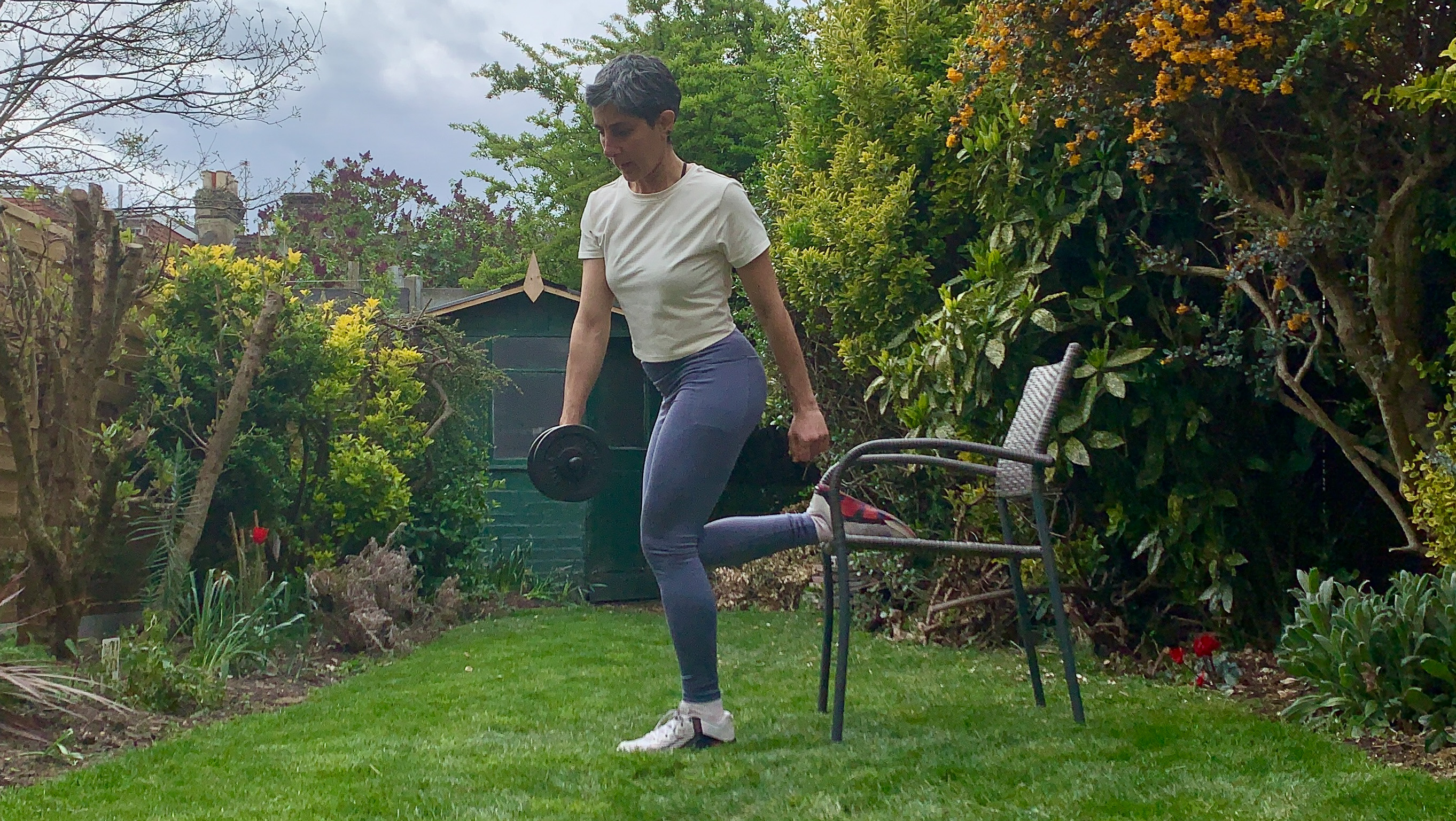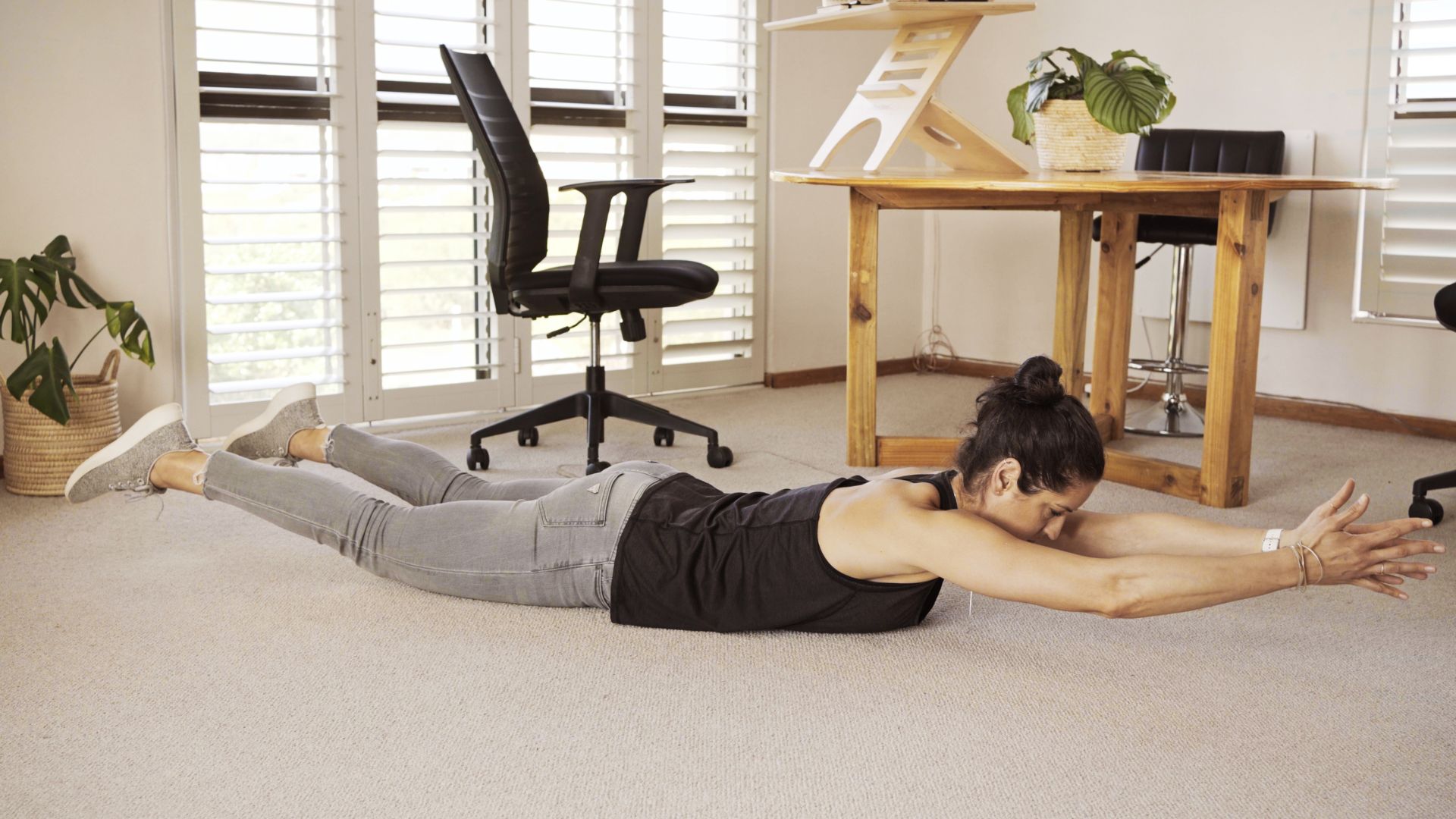What is the 5:2 diet and can it help you lose weight?
This style of intermittent fasting might be just as effective as a continous calorie-restricted diet for dropping the pounds


For decades, we were sold weight-loss diets that severely restricted our energy intake for weeks on end. The numbers on the scale dropped, but these diets aren't sustainable or healthy.
It's become increasingly clear that to drop pounds sustainably, you need to couple dietary changes with regular workouts on the best exercise machines to lose weight.
It's important to eat healthily, including a balanced diet full of whole grains, fruit, and veg. However, there's increasing evidence that intermittent fasting, like the 5:2 diet, could also help you drop inches.
Researchers at the University of South Australia found that following the 5:2 diet, where you normally eat for five days and two days of 500 calories, is just as effective as a continuous calorie-restricted diet.
While weight loss is primarily about using more energy than you take in, calorie-restrictive diets can make you more tired than usual, which makes them difficult to stick to, especially when you're busy.
Fasting doesn't just help you lose weight, though. One study found that fasting, even without reducing your overall food intake, may improve insulin sensitivity and train your body to burn fat for energy.

The University of South Australia team was particularly interested in the method's weight loss potential for women with gestational diabetes, which affects almost 20% of all pregnancies worldwide.
Get the Fit&Well Newsletter
Start your week with achievable workout ideas, health tips and wellbeing advice in your inbox.
Weight loss is an effective way to help manage the condition, and it reduces the risk of Type 2 diabetes later in life. But as any new mother can tell you, it's not always easy to stick to a plan.
That's why the researchers wanted to explore alternatives, like the 5:2 diet. This form of calorie restriction is typically easier to fit in around your busy schedule and helps reduce fatigue.
In the past, studies have noted that breaking restrictive diets, like intermittent fasting, can sometimes lead to weight gain, in the long run, putting you back to where you started.
It's important not to put yourself into too much of a bind, where you feel controlled by the diet. For some people, cutting back to 500 calories twice a week will feel like a breeze and a struggle for others.
If you're after sustainable, long-term weight loss, it's essential to build exercise into your routine. Fortunately, you don't have to spend hours on a treadmill to start feeling the difference.
The best exercises for weight loss combine cardio workouts with equipment-free moves you can do anywhere. Plus, add some of the best adjustable dumbbells into the mix to boost the routine's fat-burning potential.

James is a London-based journalist and Fitness Editor at Fit&Well. He has over five years experience in fitness tech, including time spent as the Buyer’s Guide Editor and Staff Writer at technology publication MakeUseOf. In 2014 he was diagnosed with a chronic health condition, which spurred his interest in health, fitness, and lifestyle management.
In the years since, he has become a devoted meditator, experimented with workout styles and exercises, and used various gadgets to monitor his health. In recent times, James has been absorbed by the intersection between mental health, fitness, sustainability, and environmentalism. When not concerning himself with health and technology, James can be found excitedly checking out each week’s New Music Friday releases.
-
 I swapped my usual core routine for this dumbbell workout—here’s why you should try it too
I swapped my usual core routine for this dumbbell workout—here’s why you should try it tooPick up some dumbbells and try my favorite deep core exercises
By Yanar Alkayat
-
 You don't need any equipment to improve your posture—just these three back-strengthening moves
You don't need any equipment to improve your posture—just these three back-strengthening movesThese three exercises will strengthen key back muscles
By Jennifer Rizzuto